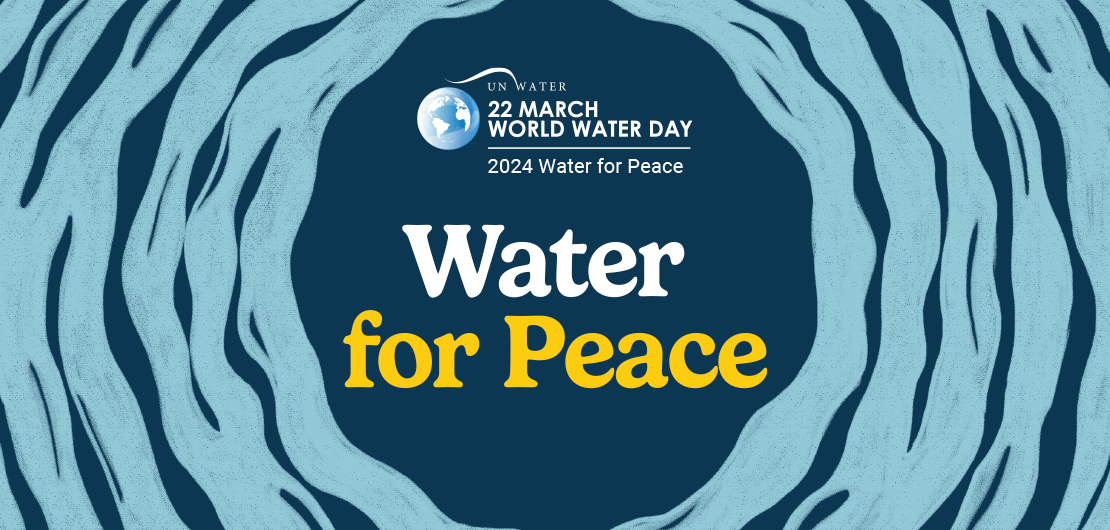In a world brimming with technological marvels and advancements, it is easy to overlook the most essential element for life: water. On 22 March, the world pauses to reflect on the significance of this life-sustaining resource as we observe World Water Day. This annual event serves as a powerful reminder of the critical role that water plays in our lives, and the urgent need to address the global water crisis. The theme of World Water Day 2024, “Water for Peace”, underscores the transformative power of water as a catalyst for harmony, prosperity, and resilience. This year’s theme emphasises the critical role that cooperation on water plays in fostering peace and stability on a global scale. One of the key messages for this year’s World Water Day highlights the dual nature of water. It can either create peace, or spark conflict. Scarce or polluted water sources can escalate tensions and exacerbate existing conflicts. However, by prioritising cooperation on water management, we can balance everyone’s needs and contribute to global stability.
In many parts of the world, the simple act of turning on a tap and receiving clean, potable water is a luxury. According to the World Health Organization (WHO) and UNICEF, approximately 2.2 billion people globally lack access to safely managed drinking water services. This staggering statistic underscores the magnitude of the water crisis and the urgent need for action. Developing countries bear the brunt of this crisis, grappling with a myriad of challenges ranging from inadequate infrastructure to pollution and climate change impacts. In regions like sub-Saharan Africa, access to clean water is not just a matter of convenience but a matter of survival. Millions are forced to rely on contaminated water sources, leading to a vicious cycle of poverty, illness, and inequality.
Amidst these challenges, there is a glimmer of hope. Across the African continent, various initiatives and projects are underway to tackle the issue of clean water access head-on. One notable example is the Improved Water Infrastructure Project in Uganda, Malawi, Rwanda, and Eritrea. It focuses on providing clean drinking water to small rural communities through the repair and drilling of boreholes. The project not only improves access to clean water but also contributes to the Sustainable Development Goals (SDG). The project directly contributes to SDG 6: Clean Water and Sanitation. Moreover, the reduction in the need for water purification through boiling alleviates pressure on local forests, thereby promoting SDG 13: Climate Action by reducing greenhouse gas emissions. Furthermore, it contributes to improving health and wellbeing (SDG 3), promoting gender equality (SDG 5), and enhancing local infrastructure (SDG 9). Beyond its immediate goal of providing clean water, this initiative serves as a multi-faceted approach to sustainable development, addressing interconnected challenges and fostering resilience in communities.
Water holds the potential to lead us out of crisis. By fostering harmony and unity around the fair and sustainable use of water, we can bridge divides between communities and nations. From international conventions to local initiatives, cooperation on water can pave the way for a more equitable and peaceful world. As we commemorate World Water Day 2024, let us heed these messages and reaffirm our commitment to harnessing the power of water for peace. By working together, we will be able to build a future where access to clean water is not a source of contention, but a beacon of hope for generations to come.




